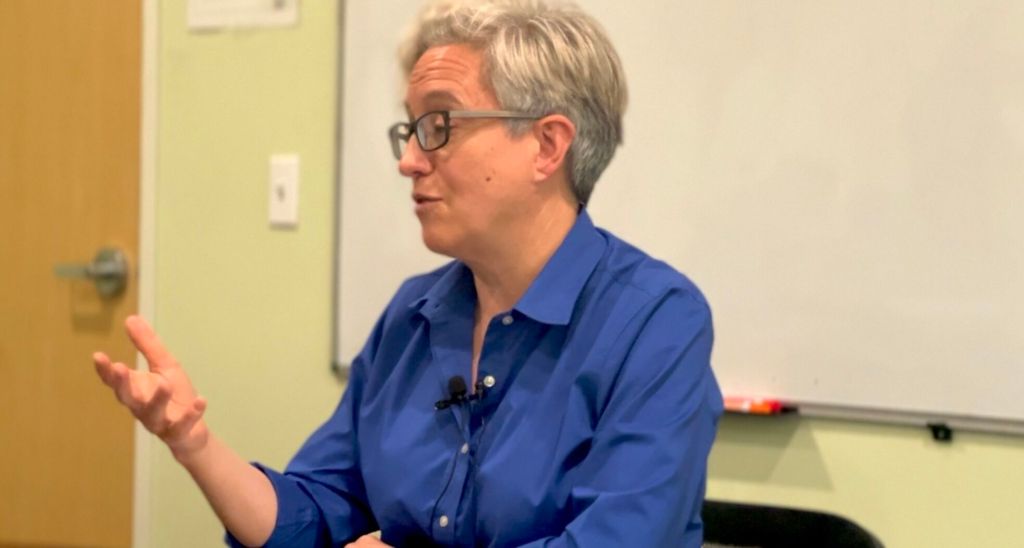Gov. Tina Kotek makes first visit to Central Oregon
Published 6:17 pm Wednesday, August 23, 2023

- Oregon Gov. Tina Kotek visited Central Oregon Wednesday. It's the first time she has been to the region since taking office.
PRINEVILLE — Gov. Tina Kotek’s first visit to Central Oregon since taking office began Wednesday at a vegetable farm in Culver where the struggle of drought is all too real.
The Macy family of Macy Farms told Kotek about the uncertainty they face when they don’t know how much water they’ll have or what kind of crops they can plant and when they can plant them.
“I don’t want to lose any more farmers,” Kotek said during an evening press conference in Prineville.
But during Kotek’s visits to Jefferson and Crook counties, conversations went beyond agriculture and drought. Fentanyl, housing, education and workforce development were top of mind.
She sees housing and homelessness and behavioral health as major issues throughout the state, she said, and Central Oregon is no exception. The state ought to step up and be a better financial partner, Kotek said.
In Madras, she met with Mayor Mike Lepin and Jefferson County Commissioner Kelly Simmelink before visiting the city’s Central Oregon Community College campus, which recently received more than $4 million in funding.
That led to a group conversation in Prineville, in neighboring Crook County. At Best Care, a local mental health program, Kotek sat with addiction and mental health professionals and Circuit Judge Annette Hillman, who serves Crook and Jefferson counties.
“The crisis related to fentanyl is significantly impacting the community,” Kotek said. “The ability to treat individuals who have fentanyl addiction is very challenging because of the nature of that addiction.”
The conversation was sobering and very helpful, Kotek said.
The governor signed a slew of behavioral health-related bills earlier in August. Many focused on addiction treatment, opioid addiction in particular.
But much of Kotek’s conversations fell back to Central Oregon’s workforce. Whether it was the need for increased reimbursement rates for behavioral health and addiction providers or lauding the region’s approaches to early child care workforce development, Kotek emphasized the need to pay people adequately.
“You can’t solve a workforce problem unless you know what you need and know how you’re going to get there,” Kotek said. “And I want us to have real focus from the state on that.”





